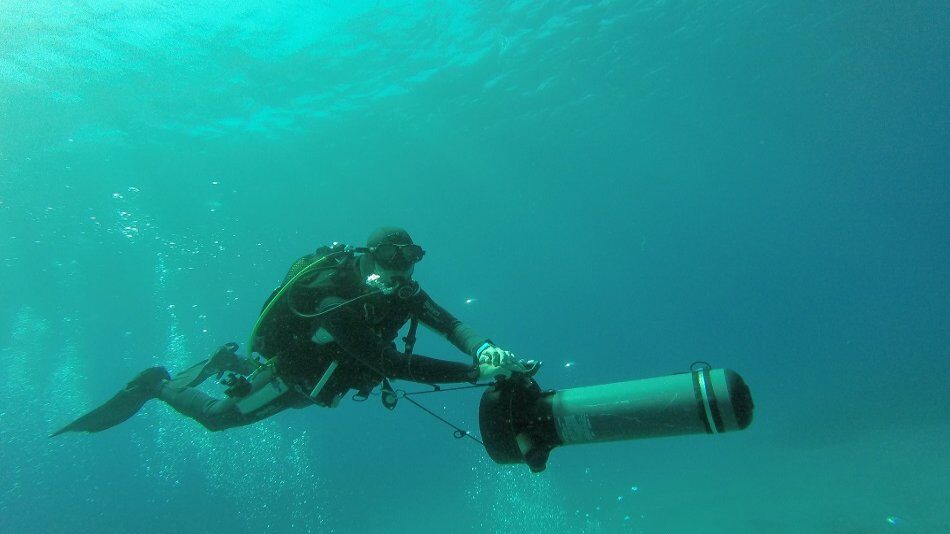
Exploring the Depths: Reasons to Conduct an Underwater Survey of Plant Life
Delving into the underwater realm unveils a rich tapestry of plant life, each strand intricately woven into the fabric of aquatic ecosystems. Conducting an underwater survey of plant life is a multifaceted endeavor, driven by a spectrum of compelling reasons that span from ecological exploration to environmental conservation.
Unraveling the Mysteries Below
The first imperative reason to undertake an underwater survey lies in the desire to conduct a comprehensive assessment of biodiversity. These surveys serve as an invaluable tool for cataloging the myriad plant species inhabiting aquatic environments, offering a nuanced understanding of the intricate relationships between these species and the overall health of ecosystems. By quantifying the diversity of underwater flora, scientists gain insights into the resilience and sustainability of these ecosystems.
Moreover, the early detection of invasive plant species stands out as another critical rationale for underwater surveys. Identifying and monitoring the presence of invasive plants is vital for preventing ecological imbalances. Timely detection allows for the implementation of targeted management strategies, curbing the potential disruptions caused by invasive species to native plant communities and the broader aquatic environment.
Beyond mere cataloging, underwater surveys play a pivotal role in evaluating the health of underwater habitats. Changes in plant density, diversity, and distribution, as revealed by these surveys, serve as key indicators of environmental conditions and potential stressors affecting the ecosystem. This comprehensive evaluation is fundamental to implementing effective conservation and restoration strategies, ensuring the sustained health of aquatic habitats.
Scientific Research and Exploration
Scientific research is a driving force behind underwater plant surveys, offering a wealth of opportunities for exploration and discovery. Ecological studies benefit immensely from the data collected during these surveys, shedding light on the intricate interactions between aquatic plants and their environment. Researchers leverage this information to unravel the complex dynamics at play in underwater ecosystems, contributing to the broader understanding of ecological principles.
In the context of climate change, underwater plant surveys provide a crucial lens through which scientists can assess its impacts on aquatic environments. Changes in water temperature, nutrient levels, and the distribution of plant species offer tangible indicators of ecological shifts. Armed with this information, researchers can draw correlations between climate change phenomena and alterations in underwater plant life, fostering a more comprehensive understanding of the consequences of global climate shifts.
Furthermore, underwater plant surveys contribute significantly to the development of ecosystem models. These models serve as predictive tools, enabling scientists to anticipate the effects of various factors on plant life. Informed predictions, in turn, empower conservationists and policymakers to implement strategies that safeguard and sustain underwater ecosystems against potential threats.
Environmental Conservation and Management
Preserving native species and maintaining water quality are paramount considerations in the realm of environmental conservation. Underwater plant surveys play a pivotal role in achieving these objectives by providing insights into the distribution and thriving areas of native plant species. Armed with this knowledge, conservation efforts can be strategically directed to protect and restore habitats that support native flora.
Water quality assessment is another crucial dimension where underwater surveys prove their significance. Aquatic plants play a fundamental role in maintaining water quality, influencing nutrient cycling, water clarity, and oxygen levels. By assessing the impact of plant life on these parameters, underwater surveys contribute essential data for effective water quality management strategies.
Sustainable resource management is yet another sphere where the benefits of underwater plant surveys come to the fore. The knowledge gleaned from these surveys informs decision-making processes related to fisheries, recreation, and other activities dependent on balanced and healthy aquatic environments. Sustainable practices, rooted in a deep understanding of underwater ecosystems, become the cornerstone of responsible resource management.
Conclusion
Conducting an underwater survey of plant life is a journey of exploration and understanding, offering a glimpse into the intricate world beneath the water’s surface. From ecological insights and scientific exploration to environmental conservation and sustainable resource management, these surveys are a cornerstone of responsible stewardship. Join us in the exploration and preservation of the vital role that plant life plays in sustaining our aquatic environments.
For inquiries about underwater plant surveys or to discuss your specific project, please contact us. Our team of experts is ready to collaborate with you in promoting the health and sustainability of underwater ecosystems.
